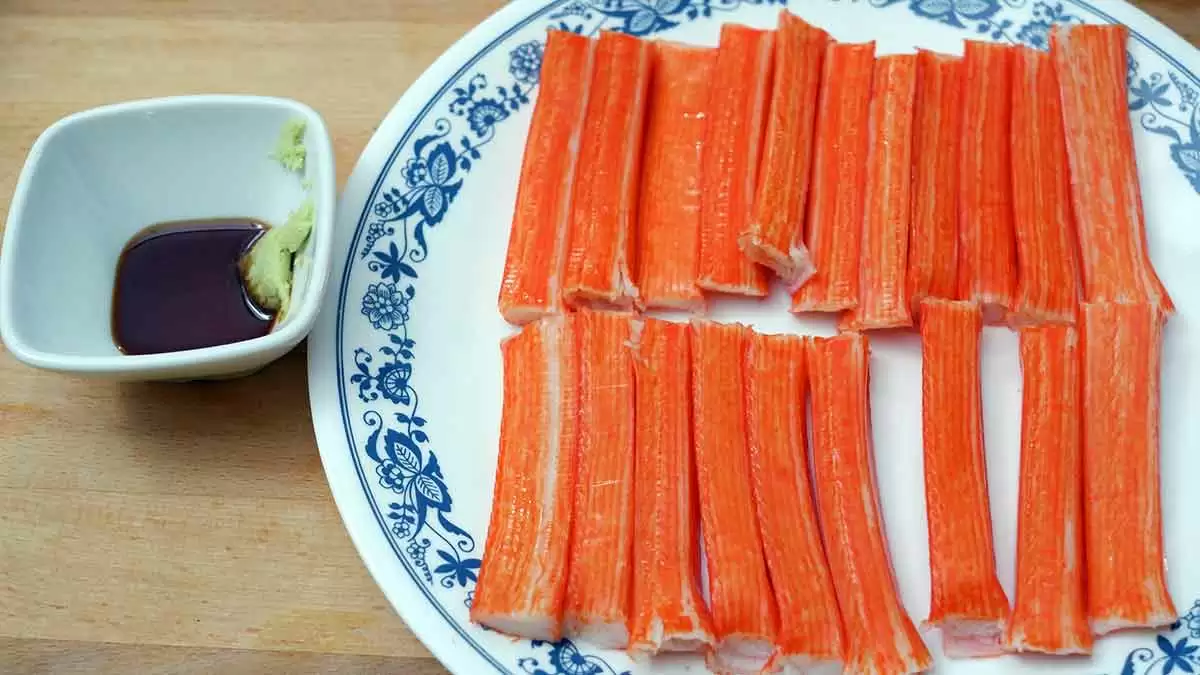
Celiac.com 10/02/2023 - The European Union's (EU) ban on single-use plastics has triggered significant interest in plant-based alternatives to conventional plastics. Many alternatives are made from renewable resources like plants, in contrast to traditional plastics derived from fossil fuels. They are used to create various products, including tableware, packaging, and food coatings, all of which come into direct contact with food.
However, there are concerns about the potential risks for people with celiac disease and allergies. Celiac disease is an autoimmune condition triggered by the consumption of gluten, a protein found in wheat, barley, and rye, and which affects about 1.3% of the population. Celiac disease can trigger to a range of symptoms, from mild discomfort to severe conditions like severe anemia. Currently, the only effective treatment for celiac disease is a lifelong gluten-free diet.
Celiac.com Sponsor (A12):
To assess the potential risk of food contact materials for celiacs, some members of the Association of European Coeliac Societies (AOECS) conducted independent studies. AOECS is a non-profit umbrella organization made of national celiac societies in Europe and beyond. Together with their members they serve as a voice for celiac patients and their relatives in over 40 countries.
Their studies revealed that gluten can migrate from biodegradable food contact materials to food, potentially contaminating food that was originally gluten-free.
While EU regulations address the issue of migration in materials in contact with food, there are currently no regulations requiring mandatory information about allergens that may be present in food contact materials.
In response to these concerns, AOECS is developing an advocacy strategy to raise awareness among various stakeholders, including the food industry and policymakers. They aim to establish clearer guidelines, and better protection, for not only celiacs, but also individuals with other allergies.
AOECS welcomes collaboration with interested organizations to work together on achieving greater clarity and improved protection for individuals with dietary restrictions, ensuring that the growing use of plant-based food contact materials does not pose health risks for those with allergies or celiac disease.
Certainly cross-contamination potential in next generation food packaging is a valid area of concern for people with celiac disease. Stay tuned for more on this and related stories.
Read more at epha.org.








Recommended Comments
Create an account or sign in to comment
You need to be a member in order to leave a comment
Create an account
Sign up for a new account in our community. It's easy!
Register a new accountSign in
Already have an account? Sign in here.
Sign In Now